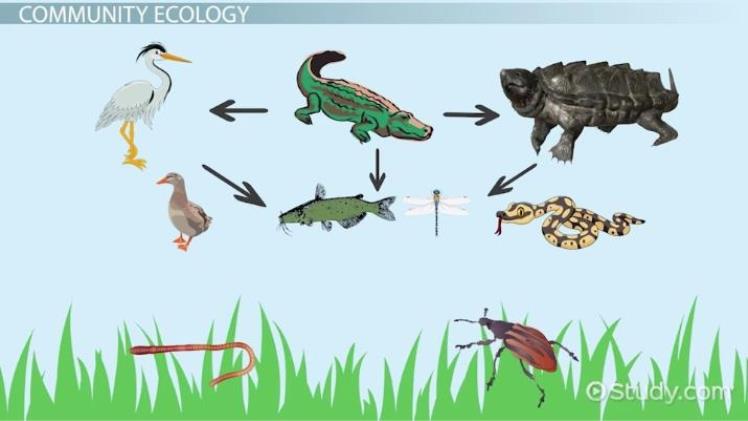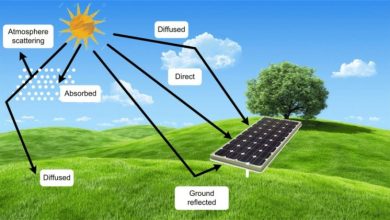What Is Ecology?

Ecology is the study of how living things interact with their environment and each other. This field can range in scope from broad to specialized, depending on your interests and research objectives.
Ecology can be divided into five levels: organismal, population, community, ecosystem and global. All these levels build incrementally from small to large, providing different perspectives on how organisms interact with their environment.
Organismal ecology is the study of an organism’s physiological, morphology and behavior as it adapts to its environment. This discipline examines how an organism responds to biotic and abiotic elements like weather patterns, food sources, predators, parasites and habitats.
Ecologists often focus on the molecular level to uncover how proteins are created within an organism’s cells and how they impact its lifecycle, including how it adapts to its environment. These studies aid scientists in comprehending how plants and animals survive in their environments, as well as how these resources can be repurposed to better meet their needs.
Please visit for more information: SW418 Login
Ecology professionals often work in parks, where they may be responsible for helping visitors understand the natural world around them and why it’s essential to preserve it. For instance, a park naturalist might take visitors on hikes to view wildflowers and other plants and explain how they can be utilized to improve the local environment.
Myth #1: Ecologists attempt to pressure people into changing their lifestyles. While this misconception is widely held, it’s not true and often spread by pro-environmental activists.
Ecologists must educate people about their environmental impact, not pressure them into changing lifestyles. This includes teaching people about the negative consequences of disposable packaging and providing information on how meat production contributes to environmental degradation.
Ecologists collaborate with businesses and government agencies to identify potential environmental impacts, conduct environmental surveys such as taking water samples or referencing historical data, and conduct fieldwork to detect invasive plant and animal species that threaten natural ecosystems.
All three definitions of ecology emphasize the interrelationships between organisms and their environment, but they differ in how much emphasis is put on the organism itself. Ernst Haeckel’s classic Haeckelian definition, first put forth in the mid-19th century, placed emphasis on organisms at the expense of non-living components of nature. Andrewartha and Birch introduced their second definition in 1954 which focused on organism distribution and abundance while the third definition explored ecosystems more deeply.
